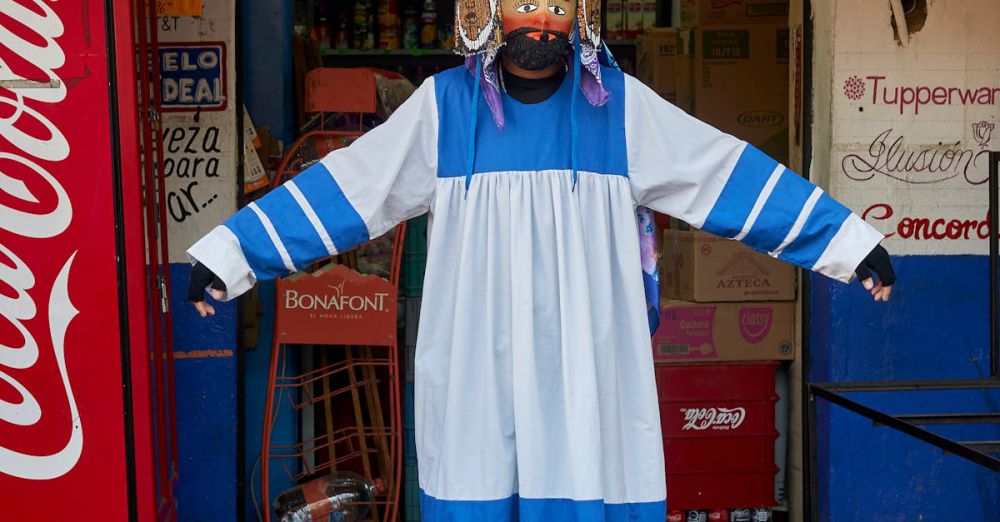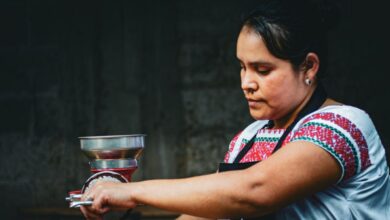How Do You Learn about Indigenous Culture in Canada
Canada’s Indigenous cultures are rich, diverse, and deeply rooted in the country’s history. Learning about these cultures is not just an educational pursuit; it is an essential step toward understanding the complexities of Canada’s past and present. The journey into Indigenous culture can be approached through various avenues, each offering unique insights and experiences.
Engaging with Indigenous Communities
One of the most authentic ways to learn about Indigenous culture is to engage with Indigenous communities directly. Many First Nations, Métis, and Inuit communities offer cultural workshops, storytelling sessions, and community events open to the public. Participating in these activities allows individuals to learn directly from community members, fostering genuine connections and a deeper understanding of their traditions, languages, and worldviews.
Attending local festivals and cultural events provides an opportunity to witness Indigenous art, music, and dance. Events such as powwows or Métis gatherings showcase vibrant expressions of identity and culture. These experiences can be eye-opening, as they reveal the living, breathing nature of Indigenous cultures rather than presenting them as static artifacts of the past.
Educational Institutions and Indigenous Studies
Many universities and colleges across Canada offer Indigenous Studies programs that delve into the history, culture, and contemporary issues faced by Indigenous peoples. These academic courses are designed to provide a comprehensive understanding of the various Indigenous nations, their languages, and their philosophies. Enrolling in such programs not only enriches personal knowledge but also promotes critical thinking about colonial histories and ongoing reconciliation efforts.
Additionally, many educational institutions host public lectures and workshops featuring Indigenous speakers. These events can offer fresh perspectives and insights, enhancing one’s understanding of current Indigenous issues, community initiatives, and cultural revitalization efforts.
Literature and Media
Books, documentaries, and films created by Indigenous authors and filmmakers are invaluable resources for learning about Indigenous cultures. Literature provides a platform for Indigenous voices, allowing readers to immerse themselves in stories that reflect their experiences, struggles, and triumphs. Authors like Thomas King, Eden Robinson, and Tanya Talaga offer rich narratives that challenge prevailing stereotypes and provide nuanced perspectives on Indigenous life in Canada.
Documentaries and films can also serve as powerful tools for education. They often showcase the beauty and diversity of Indigenous cultures, while also highlighting the challenges faced by these communities. Platforms like APTN (Aboriginal Peoples Television Network) offer a wealth of content produced by and for Indigenous people, providing authentic narratives that mainstream media often overlooks.
Museums and Cultural Centers
Visiting Indigenous museums and cultural centers can provide a structured way to learn about Indigenous history and culture. Many of these institutions are dedicated to preserving and sharing Indigenous heritage through exhibits, artifacts, and educational programs. They often feature exhibitions created in collaboration with Indigenous communities, ensuring that the narratives presented are accurate and respectful.
The Canadian Museum of History, for example, has comprehensive exhibits on Indigenous cultures, showcasing their histories and contributions to Canadian society. Many local cultural centers also offer workshops, art classes, and guided tours that deepen understanding and appreciation of Indigenous traditions.
Online Resources and Virtual Learning
In an increasingly digital world, online resources have become essential for education. Numerous websites, webinars, and online courses dedicated to Indigenous culture are available, making it easier than ever to learn from the comfort of home. Organizations like the Truth and Reconciliation Commission of Canada provide substantial resources that outline the historical context and ongoing impact of colonialism.
Social media also plays a role in raising awareness and sharing knowledge about Indigenous issues and culture. Following Indigenous activists, artists, and educators on platforms like Twitter or Instagram can provide a continuous flow of information and perspectives that contribute to a more rounded understanding.
Embracing a Lifelong Journey
Learning about Indigenous culture in Canada is not a one-time endeavor; it requires ongoing commitment and openness. As you engage with various resources and communities, remember to approach with respect, humility, and a willingness to listen. By doing so, you will not only gain knowledge but also contribute to the broader journey of reconciliation and understanding that is essential for Canada’s future. Embracing this lifelong journey enriches personal growth and fosters a deeper connection to the land and its first inhabitants.







